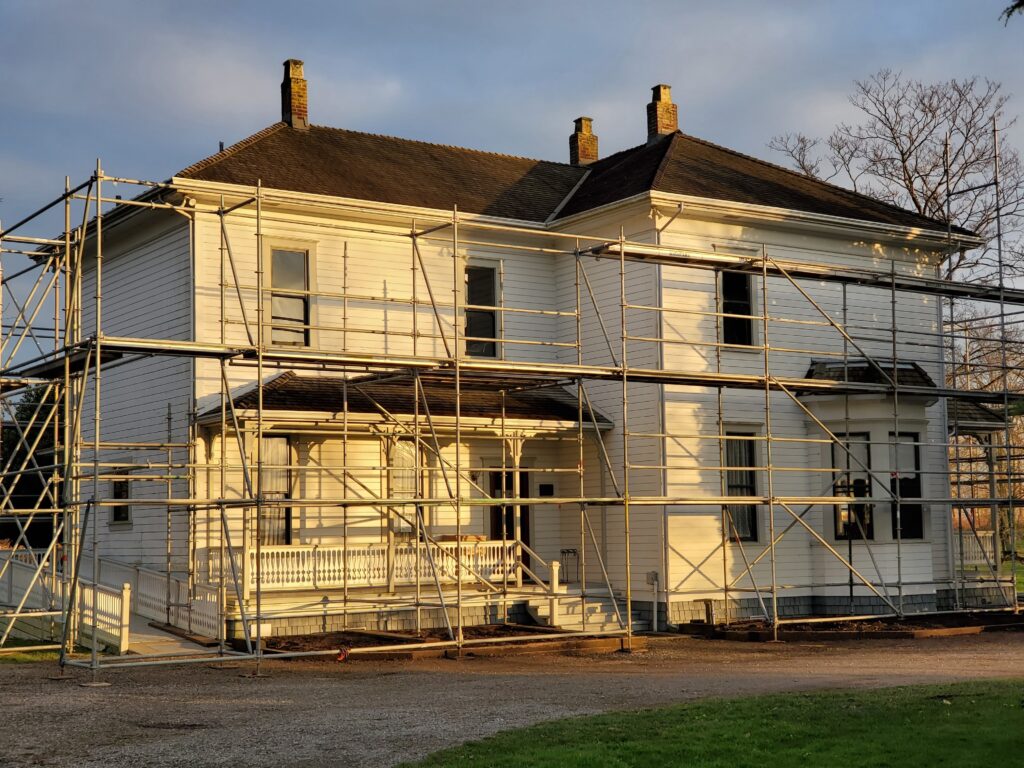Scope is the work to be performed on a construction project. It defines the expectations for both parties, including the responsibilities, milestones, and technical details required to complete the job. It may be included in the contract or could be a separate document attached to the construction agreement. A good scope of work includes enough detail to ensure that everyone on the project can stay on the same page.
The nature of the scope of work can vary significantly from project to project. Sometimes it will simply offer a very broad description of the works required, whilst sometimes it provides a complete description of the project, significant milestones, a programme of work with the expected timeframes for delivery, reports, pricing, deliverables, roles and responsibilities and end products that are to be provided.
Very broadly, a scope of work might include:
- Definitions
- Project Brief
- A brief overview of the project (what it is, why it is needed, etc.).
- Roles and responsibilities of the client, contractor and consultant
- Deliverables
- A description of the deliverables required. e.g. 4-bedroomed maisonette and its details
- Scope and Other Technical Details
- A description of specific tasks e.g. excavation, walling, concreting, roofing and landscaping
- Specific exclusions. e.g. Electrical Works
- Works that would constitute additions to the scope.
- Schedule and Timelines
- A summary of the project schedule (expected duration, milestones, delivery dates, time limits, etc.).
- Project Management
- A description of how the project will be managed (issuing of payments, change controls, legal requirements, phasing, etc.).
- Reporting requirements by all parties and communication channels
However detailed the scope of work, it is important that it is written in a clear and unambiguous way to avoid misinterpretation and potential disputes further down the line. It should not duplicate information set out elsewhere in the contract documentation (such as specifications or drawings) as this can create confusing discrepancies.
The scope of work might be the most foundational piece of a construction contract. It should clearly communicate the expectations of the contractor. Without a clearly defined scope of work, the potential for defects, payment disputes and project delays will soar.


